SALT LAKE CITY — Part of establishing winning habits in professional sports is the ability to remain focused for the entirety of the competition, which is something the Utah Jazz have struggled with in the early part of this season. Whether leading or playing from behind, the team would sometimes have trouble playing the games with high-level intensity and concentration from beginning to end.
Their mettle was tested again on Monday night as they battled the Oklahoma City Thunder at Vivint Smart Home Arena in search of their second straight win. While the game was tightly contested early on, Utah was in the unenviable position of trailing for most of it and working to stay close to give themselves a chance to win by the game’s end.
Unfortunately, after notching a victory over the weekend against Memphis, the Jazz faltered again and dropped their third home game of the year — this time to the Thunder 104-90.
At least part of the problem when they lose is that they get out of their sharing offense resulting numerous missed shots that turn into transition baskets for their opponent — in this case OKC, along with too much Dennis Schroder — who exploded for 12 points in the their quarter finishing with 27 points for the game. Utah’s transition defense has also been an issue during this tough losing stretch, something head coach Quin Snyder knows all too well.
“We’ve got to be really connected in order to defend and that means everybody doing their job. It’s kind of a chain reaction at times, we’re going to keep working and see what we’re doing and do it better and try to improve” — Utah Jazz coach Quin Snyder
“We’ve clearly struggled over the last several games in a number of areas of the game defensively,” he said after the loss to Oklahoma City. “I think there’s a number of issues throughout the game that don’t follow the one particular thing. I think we’re better than that defensively.”
“We’ve got to be really connected in order to defend and that means everybody doing their job,” he said. “It’s kind of a chain reaction at times, we’re going to keep working and see what we’re doing and do it better and try to improve.”
“There’s no easy answer to that other than hard work,” Snyder said.
The Jazz got down by 20 points with under a minute remaining in the third quarter, due in large part to hot shooting by Oklahoma City (53%) and poor shooting from Utah (30%).
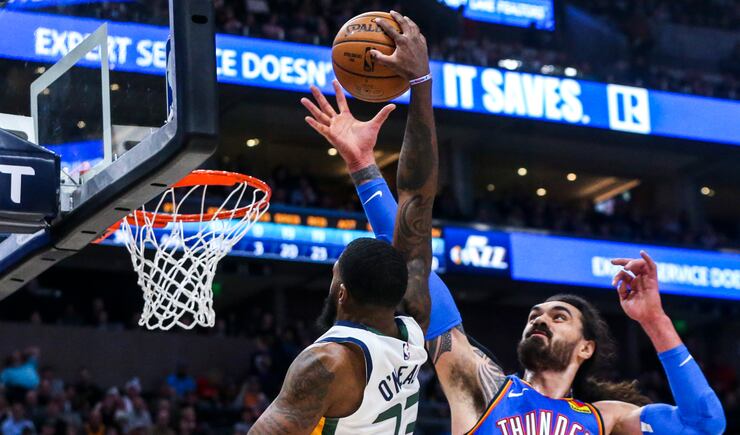
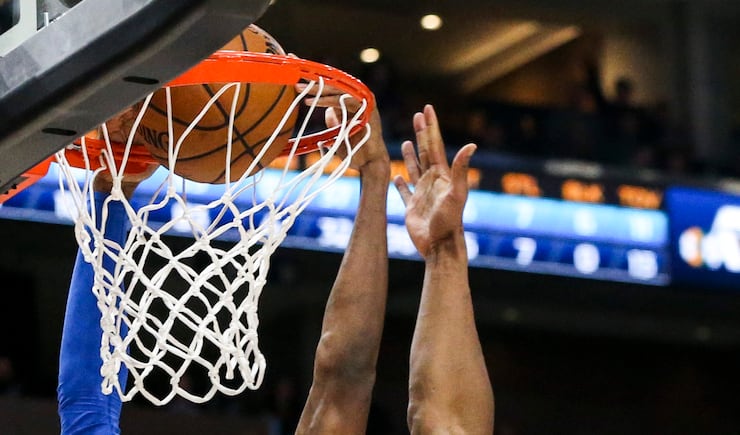

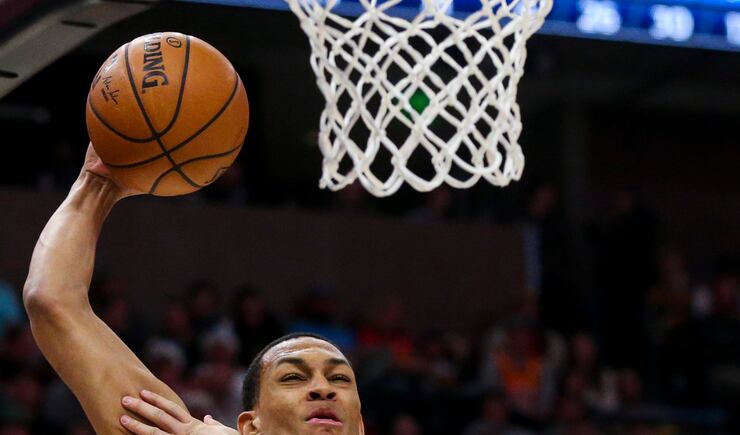

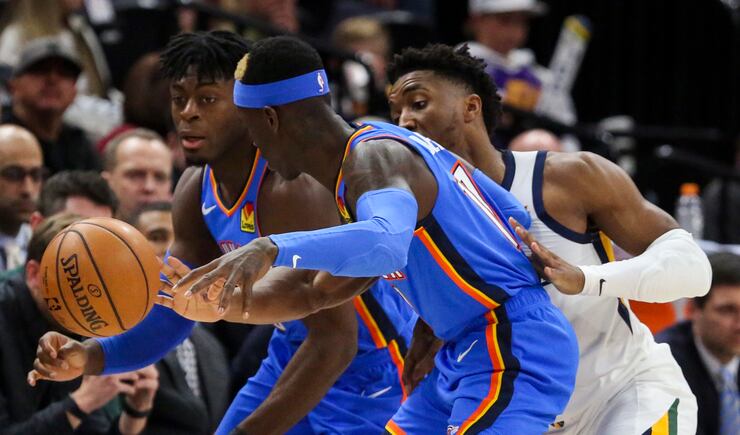


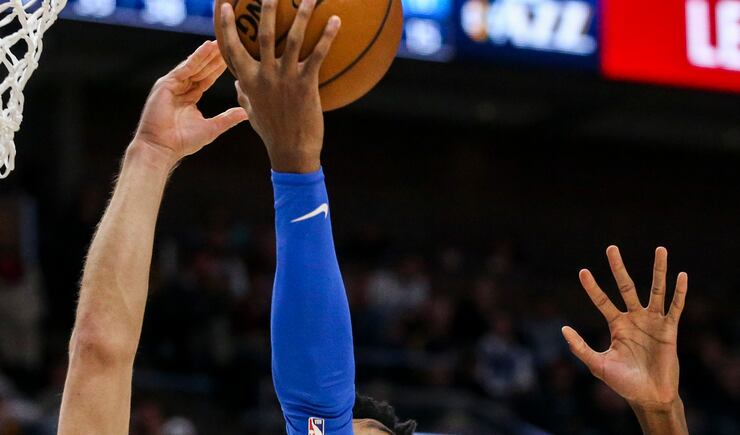

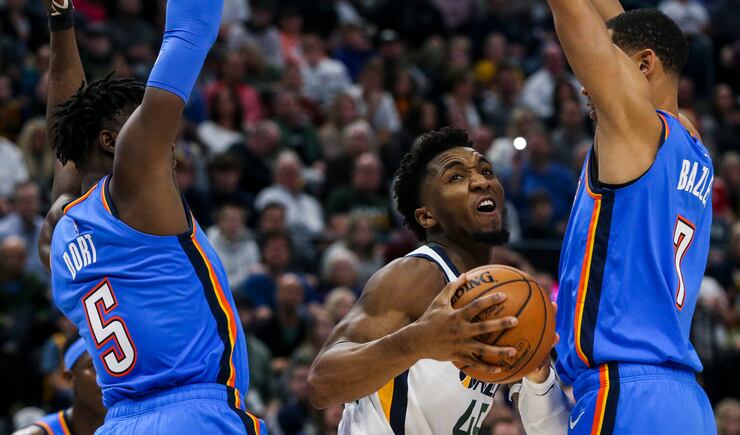

Guard Donovan Mitchell (26 points), clearly frustrated with the team’s recent play, said they have to regroup and figure out a way to play better on both ends of the floor.
“We got to have a tougher mindset, got to get back in transition, find ways to communicate, and when we don’t hit shots, we can’t let it affect our defense,” he said.
Utah also failed to do much offensive rebounding, instead getting few second chance scoring opportunities, which if you’re shooting around 40% from the floor, means you’re pretty much giving up any chance of making a comeback from a large deficit by not grabbing a few of your own misses and using them to your potential advantage.
“We’ll figure it out. It’s not an easy thing to do. It’s seems easy because of the personnel that we have. But like I said, we’ll figure it out” — Utah Jazz guard Donovan Mitchell
The same intensity and urgency that helped Utah play so well in the last game seemed to vanish this time around. The question is, “Where did it go and how to get it back by Friday when the depleted Golden State Warriors come to town?”
“We got to find it,” Mitchell said. “We’ve got to find it within ourselves. A lot of it is on me. A lot of it is just trying to find guys who are open, lead guys on the defensive end, talk, communicate … I take a lot of this on myself.”
As young man trying to become a leader in a tough league, Mitchell is going through some growing pains, as is the rest of his team, whose inconsistent play has been frustrating to themselves and their fans. What needs to happen sooner than later is finding the mental toughness to fight through the current adversity and play at the level the team is capable of performing.
“We’ll figure it out. It’s not an easy thing to do. It’s seems easy because of the personnel that we have,” Mitchell said. “But like I said, we’ll figure it out.”
Time will tell if they do or not.














